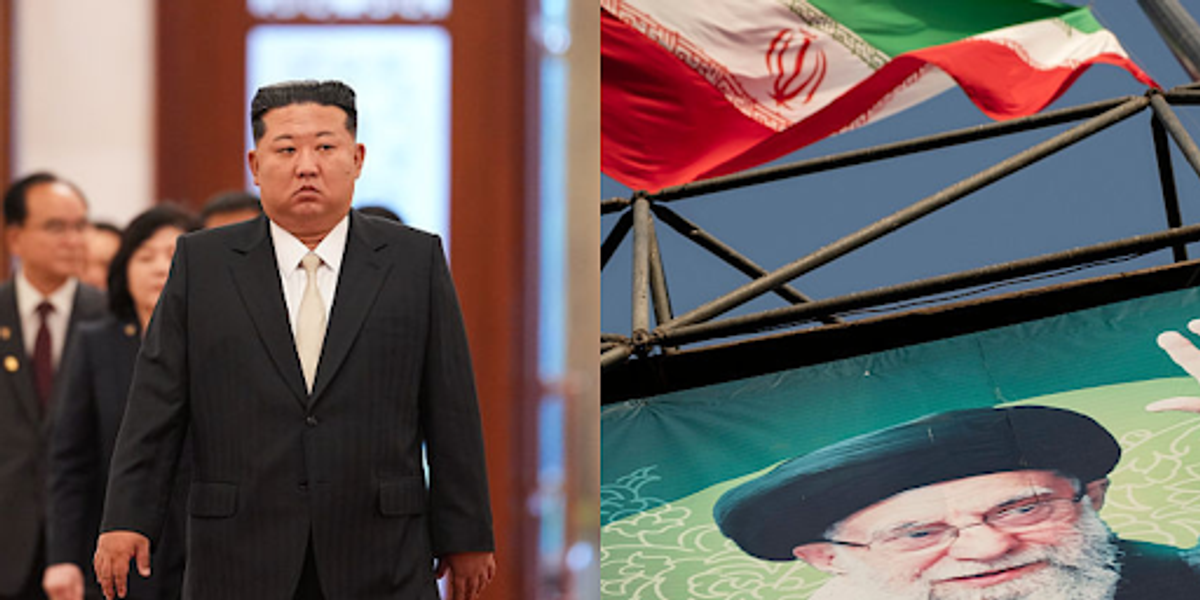
"If Iran seeks to change its nuclear strategy, it could ask North Korea for nuclear bombs or highly enriched material or spare parts for the destroyed nuclear facilities, such as the conversion facility in Isfahan," Citrinowicz continued. "The potential damage in the event of such an event is so severe that it is essential that the intelligence organizations of the United States, South Korea, and Israel identify signs of this."
"For Kim Jong Un, analysts note, nuclear weapons are a of regime security, and he has no intention of abandoning them. North Korea's nuclear doctrine and capability sets are evolving in troubling ways. The 2025 CRS brief that a September 2023 law expanded the conditions under which Pyongyang would employ nuclear weapons, lowering what had been a high threshold for use. The same report noted the regime "promised to boost nuclear weapons production exponentially and diversify nuclear strike options.""
An Iran–North Korea partnership spans roughly four decades and is driven by mutual hostility toward the United States, economic needs, and strategic isolation. Iran seeks to rearm and prepare for potential future campaigns, which could prompt requests to North Korea for nuclear bombs, highly enriched material, or spare parts for destroyed facilities such as the Isfahan conversion plant. The resulting damage from such transfers would be severe, making early detection by U.S., South Korean, and Israeli intelligence essential. Meanwhile, North Korea continues advancing nuclear weapons and missile programs, lowering use thresholds and promising expanded production and diversified strike options.
Read at The Cipher Brief
Unable to calculate read time
Collection
[
|
...
]